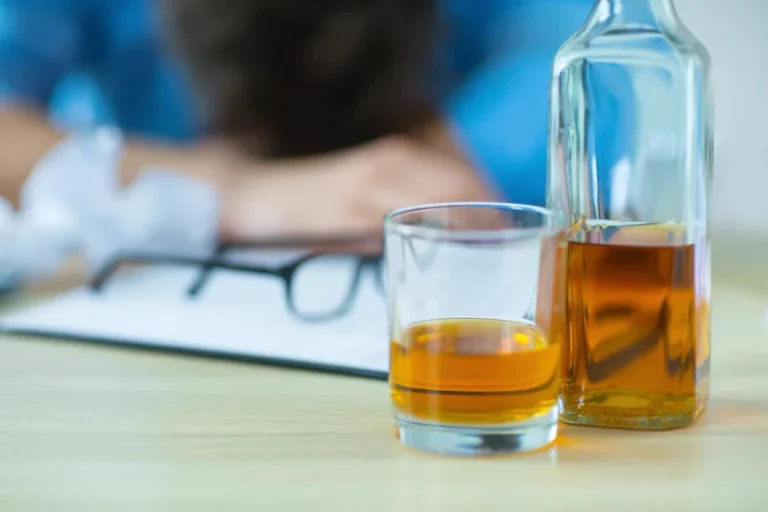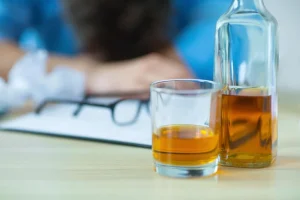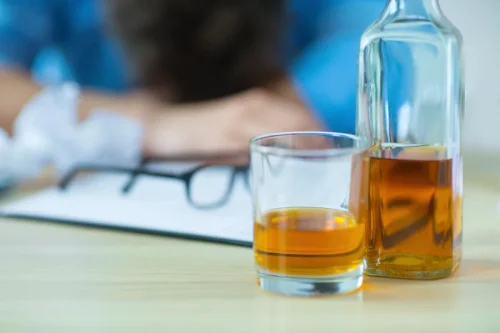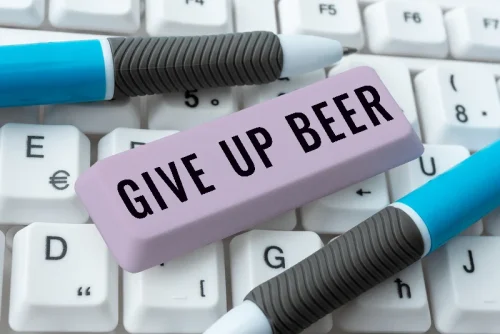
Alcohol withdrawal seizures can occur 6-48 hours after the last drink, sometimes even 2-7 days after you stop alcohol consumption. Seizures (convulsions) occur during alcohol withdrawal due to changes in brain chemistry. But the relationship between alcohol intake and seizures is not straightforward. When chronic heavy drinkers suddenly stop drinking, they experience alcohol withdrawal symptoms. These are uncomfortable physical and mental side effects that can be potentially life-threatening. However, people who have epilepsy are at an even greater risk of having a seizure if they suddenly stop using alcohol after developing a dependency.
Complications of alcohol withdrawal delirium

Alcohol-induced seizures are serious and potentially life-threatening and can occur due to various factors related to alcohol use. A primary cause is the abrupt cessation of alcohol intake after heavy drinking, known as alcohol withdrawal. This sudden change can lead to hyperexcitability in the brain, resulting in seizures.
From 24 to 72 Hours

Fortunately, no matter how severe the drinking problem, most people with an alcohol use disorder can benefit from treatment. Seeking treatment at a professional alcohol rehabilitation facility can help you significantly reduce or stop your drinking. Treatment can also lower your risk of related problems such as alcohol seizures. Recognizing these symptoms is vital, as alcohol seizures can lead to further complications and require immediate medical intervention. Treatment may involve medications such as benzodiazepines to manage withdrawal symptoms and prevent future seizures. Alcohol seizures are a serious and potentially life-threatening condition that can occur due to excessive alcohol consumption or during withdrawal.

What are the recommendations for alcohol use with epilepsy?
Because δ subunit–containing GABAA receptors have a highly specific regional distribution, the lack of uniformity in the experimental results is now understandable. Mody (39) has proposed that such δ subunit–containing GABAA receptors are located largely perisynaptically or extrasynaptically, where they mediate tonic inhibition of neurons by ambient GABA. The functional role of tonic GABA current is still obscure (40), but the current could act to reduce network oscillations (41). Potentiation of extrasynaptic GABA receptors likely contributes to the anticonvulsant activity of ethanol, including its protective activity against alcohol withdrawal seizures.
- Kindling is a term describing a neurological phenomenon that makes alcohol withdrawal symptoms worse after previous withdrawals from depressant drugs.
- Your early symptoms will likely persist for at least the first 24 hours.
- Neurons within the deep layers of the superior colliculus (16) and the periaqueductal gray (17) also may play a role in the initiation of audiogenic seizures.
- Alcohol is the common name for drinking alcohol, but it’s actually a specific chemical in a broad category of chemicals called alcohol.
- These advances have provided new insight into the pathophysiology of alcohol withdrawal seizures.
Managing Alcohol Seizures Through Lifestyle Adjustments

Repeated detox attempts can increase the risk of a severe withdrawal syndrome, including alcohol withdrawal seizures, due to the kindling effect, and a severe withdrawal syndrome called delirium tremens (DTs). Chronic alcohol abuse is linked to an increased risk of epilepsy (seizure disorder). The sooner you seek professional treatment and get sober, the better your chances of avoiding these serious health complications. Symptoms of alcohol withdrawal may begin as soon as 6 to 8 hours after decreasing alcohol intake (Table 2). Early symptoms include tremulousness, anxiety, palpitations, nausea, https://ecosoberhouse.com/ and anorexia 28.
- The second phase involves rapid tightening and relaxing of the muscles, which involve convulsions that can lead to serious injuries.
- This can happen after someone who has misused alcohol for a long time stops consuming it.
- All condition, treatment and wellness content is medically reviewed by at least one medical professional ensuring the most accurate information possible.
- As a response to chronic alcohol misuse or abuse, your body will adapt by tilting your chemical balance toward more excitatory chemicals.
FAQs About Alcohol-Related Seizures
Alcohol withdrawal seizures are common in patients with chronic alcohol use and usually occur between 6 and 48 hours after decreasing alcohol use 29–31. Early recognition and treatment of alcohol-related seizures are important to prevent development of status epilepticus. Approximately 12 to 48 withdrawal seizures symptoms hours after cessation of alcohol use, alcoholic hallucinosis may occur.
- As a result, people who previously experienced seizures provoked by binge drinking may start to experience seizures even in the absence of alcohol use – this is called alcohol-induced epilepsy.
- In line with results from animal studies, there is little evidence that carbamazepine prevents alcohol withdrawal seizures and delirium in humans, although it may be useful to treat alcohol craving (1).
- The kinds of withdrawal symptoms you experience will depend on the substance you were dependent on.
- If you think someone is experiencing an alcohol overdose, call 911 immediately.
- Alcohol withdrawal seizure is known as a disease in which seizures are generated in relation to alcohol, but chronic alcohol consumption itself is known to lower the seizure threshold.
- Chronic alcohol abuse is linked to an increased risk of epilepsy (seizure disorder).
Alcohol-related seizures in people without epilepsy
If you or someone you know has an alcohol use disorder, know that help is available. Although alcohol rarely causes seizures, alcohol’s relaxing effect is removed during withdrawal. The minor symptoms from stage 1 can also become severe and life-threatening if not treated.